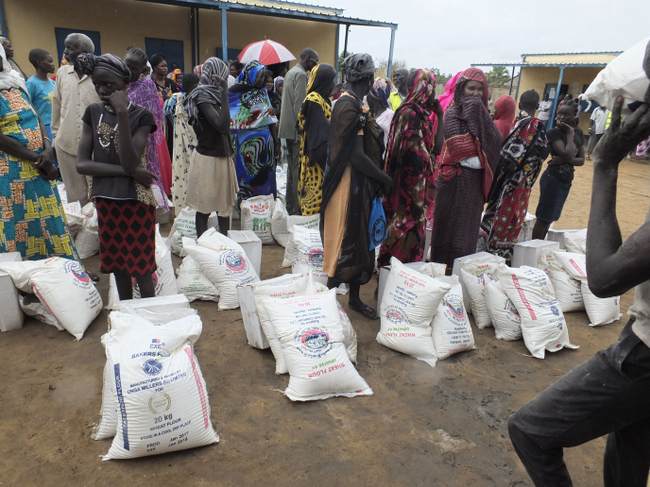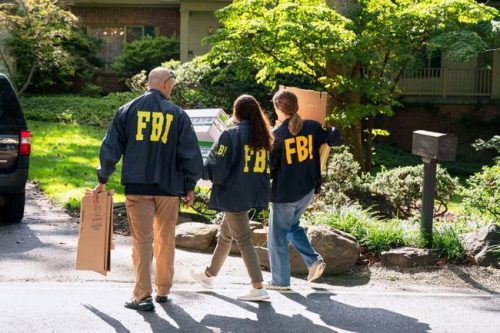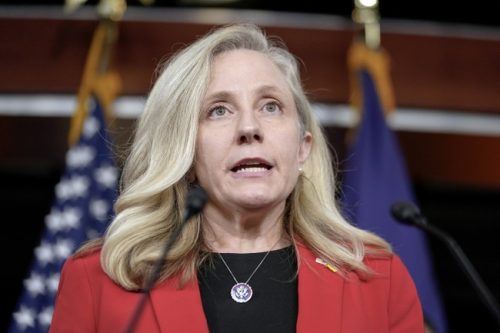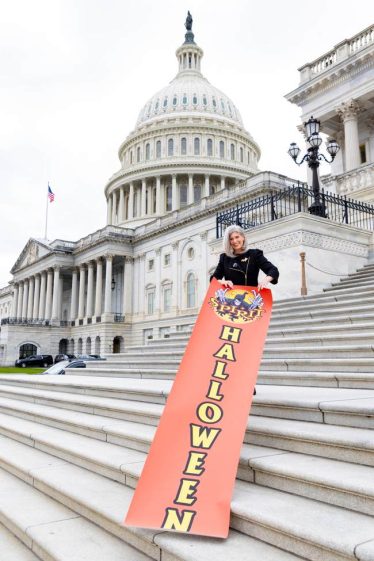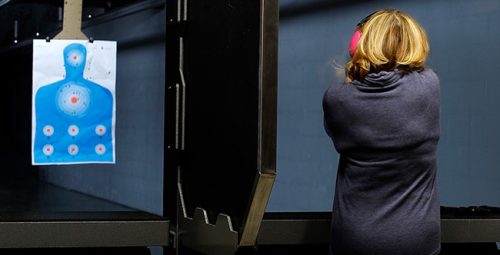The campus uprisings and street demonstrations that dominated headlines after October 7 have largely vanished when the victims are non-Western, non-Jewish, and caught in a different conflict. This piece looks at the contrast between loud, sustained protests over Gaza and the muted response to the ongoing slaughter in Sudan, where reports now speak of ethnic cleansing, a formal U.S. genocide determination, and a recent massacre at a maternity hospital.
The months after October 7 saw aggressive demonstrations on college campuses and in city streets, with protesters framing Israel as committing genocide. Those protests were relentless and heavily covered by sympathetic outlets, but the same organizers and influencers have been mostly absent from Sudan coverage. The inconsistency is striking to many who watch international crises through a lens of selective outrage.
The violence in Sudan has deep, local roots and a brutal modern face. The country has been locked in fighting between the Sudanese Armed Forces and the Rapid Support Forces and their allied militias, with civilians paying the price. Human Rights Watch issued a report documenting “ethnic cleansing and crimes against humanity” in Darfur, and that call for accountability has not produced a comparable wave of public demonstrations in the West.
In January, the U.S. government concluded that RSF elements and allied Arab militias were committing genocide against Masalit and other non-Arab communities in Sudan, a determination that should push governments and civil society to act. Many of the victims belong to non-Muslim and Christian communities, while the primary perpetrators are connected to Islamist militias, a sectarian dynamic worth noting in any honest appraisal. The lack of visible, organized protest movements demanding justice for these communities is part of the larger problem.
Now the conflict has produced another atrocity: a massacre at a maternity hospital in Darfur that reportedly killed hundreds of patients and staff, adding to an already horrific civilian death toll. The attack on a hospital is the kind of act that should galvanize international outrage and protective action for medical facilities under fire. The scale and brazenness of these raids underline how little safe ground exists for civilians in current Sudan fighting.
Maternity hospital massacre leaves 460 dead: Fresh horror in Sudan as patients and staff are butchered, after 2,000 civilians were executed in two days https://t.co/epfS4sft1v
— Daily Mail (@DailyMail) October 30, 2025
A maternity hospital massacre in Sudan has left 460 people dead just days after a 48-hour killing spree saw more than 2,000 civilians executed by paramilitary rebels.
The World Health Organisation said the Saudi Maternity Hospital in El Fasher, the city’s last remaining hospital, was on Sunday ‘attacked for the fourth time in a month, killing one nurse and injuring three other health workers’.
Two days later, ‘six health workers, four doctors, a nurse and a pharmacist, were abducted’ and ‘more than 460 patients and their companions were reportedly shot and killed in the hospital,’ by Rapid Support Forces (RSF) paramilitaries, the organisation said.
Despite the magnitude of these crimes, there are no mass campus protests, no sustained rallies, and no high-profile encampments demanding action for Sudan’s victims. The absence is not accidental; it reflects political choices about which human tragedies get amplified and why. When people select causes based on identity politics or geopolitical signaling, victims of other conflicts are left invisible.
This contrast exposes a broader truth: many of the pro-Palestinian demonstrations were less about human suffering and more about undermining Israel and the broader Western order. The movement’s focus and intensity varied sharply depending on who was perceived as the opponent, and that selective fury tells us more about the protest movement than about consistent moral outrage.
For activists and opinion leaders who equate all resistance with virtue, silence about Sudan is revealing. If a cause is worth shouting about only when it fits a particular narrative, then it is not a principled human-rights movement but a political project. Observers who care about victims across borders should insist on consistency and accountability from those who claim to stand for justice.
At the international level, too, the response has been muted. Governments have issued condemnations and occasional sanctions, but mass mobilization and strong, coordinated intervention to protect civilians remain absent. For advocates of liberty and human life, that gap in action and outrage is intolerable and demands sustained pressure on policymakers to act.
We detect a hint of sarcasm here. against President Trump to focus on Sudan right now.
These are not abstract statistics. Families were killed in the October 7 attacks, and similar brutality is playing out in Sudan. There is no moral low to which Islamist militias will not stoop, and Americans who care about human dignity should call out brutality wherever it happens, not only when it fits a political script.

